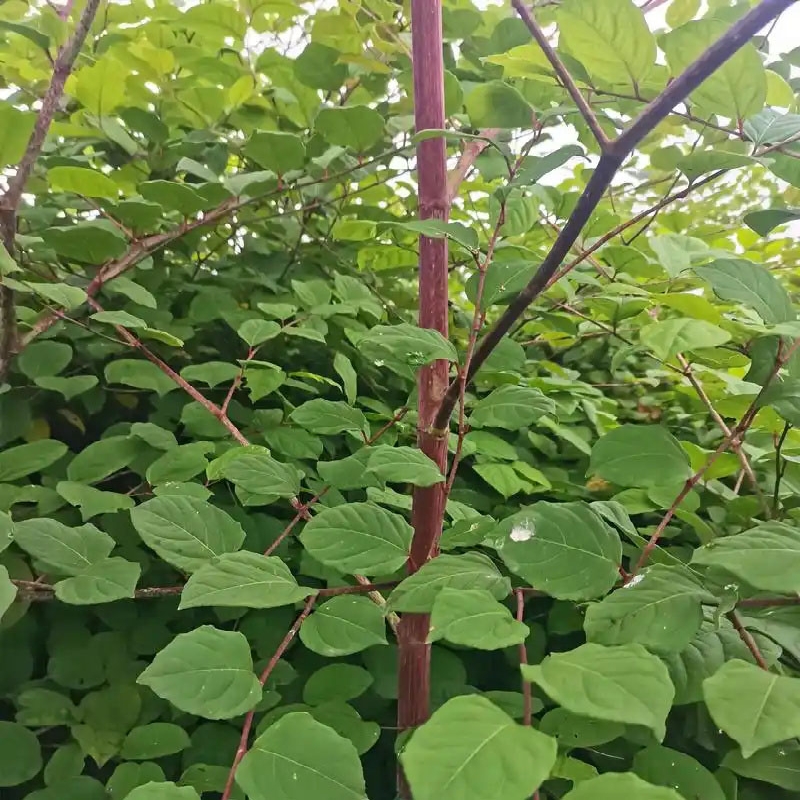Antibacterial effect of Ginkgo biloba extract on Porphyromonas gingivalis in vitro
-
Last Update: 2014-12-10
-
Source: Internet
-
Author: User
Search more information of high quality chemicals, good prices and reliable suppliers, visit
www.echemi.com
Recently, researchers from the Department of Stomatology, School of Stomatology, Beihua University published a paper to explore the in vitro antibacterial activity of Ginkgo biloba extract against Porphyromonas gingivalis, and to provide pharmacological basis for the development of new pure Chinese medicine antibacterial drugs for periodontal disease The results showed that Ginkgo biloba extract had bacteriostatic effect on Porphyromonas gingivalis This article was published in the 5th issue of Journal of Jilin University (Medical Edition) in 2014 The experiment was divided into negative control group, imipenem control group and Ginkgo biloba extract group with different concentrations and dosage forms The extracts of Ginkgo biloba leaves were extracted by solvent extraction method The antibacterial activity of Ginkgo biloba leaves extracts against Porphyromonas gingivalis in vitro was tested by perforation method and test tube method under anaerobic environment, and compared with Staphylococcus aureus and Escherichia coli The bacteriostatic effect of Ginkgo biloba extract was measured by observing the diameter of bacteriostatic ring and Mic In the experiment of bacteriostatic ring, the original solution and 1:4 diluent of ginkgo leaf extract, ginkgo leaf and ginkgo leaf soft capsule act on Porphyromonas gingivalis The diameter of bacteriostatic ring decreases with the decrease of concentration The maximum bacteriostatic diameter of ginkgo leaf extract is 16.5mm, and that of ginkgo leaf and soft capsule is 15.3 and 14.5mm, respectively Compared with ginkgo leaf and ginkgo leaf soft capsule (P0.05), the same results were obtained in Escherichia coli group and Staphylococcus aureus group Mic test showed that when the concentration of Ginkgo biloba extract was higher than 1.95mg · L-1, there was no growth of Porphyromonas gingivalis in the test tube, but E Enterobacter and Staphylococcus aureus.
This article is an English version of an article which is originally in the Chinese language on echemi.com and is provided for information purposes only.
This website makes no representation or warranty of any kind, either expressed or implied, as to the accuracy, completeness ownership or reliability of
the article or any translations thereof. If you have any concerns or complaints relating to the article, please send an email, providing a detailed
description of the concern or complaint, to
service@echemi.com. A staff member will contact you within 5 working days. Once verified, infringing content
will be removed immediately.






